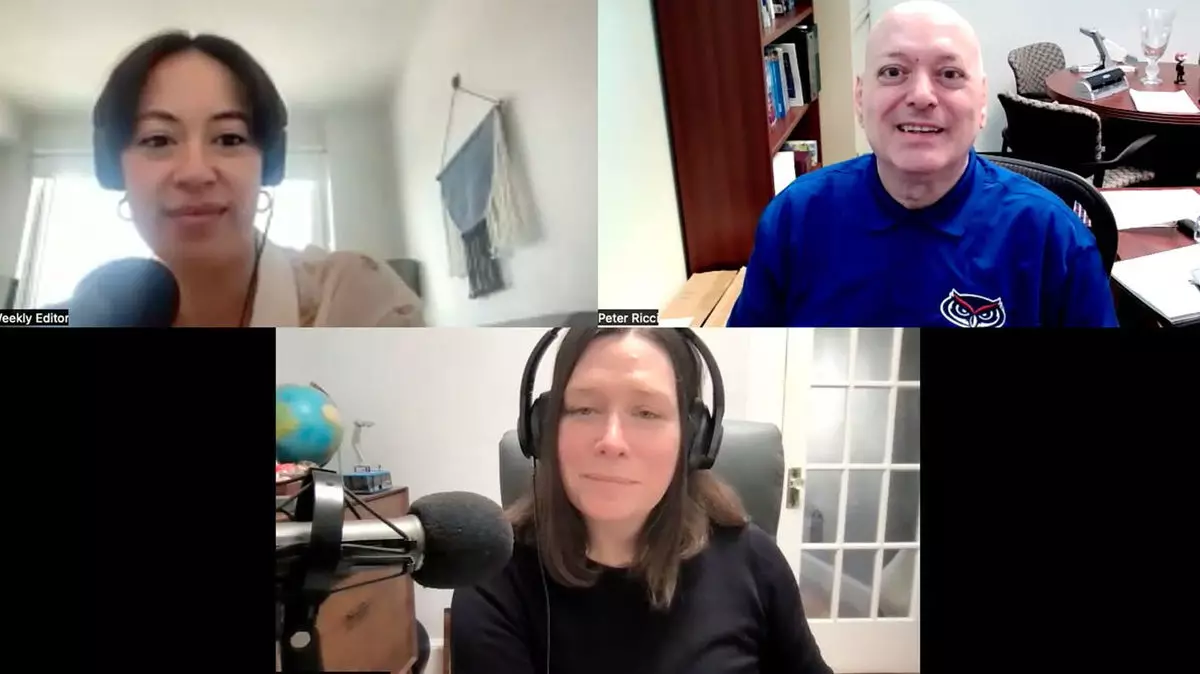The term “Trump bump” has entered the lexicon of hospitality and tourism, signifying the impact of former President Donald Trump’s presence on certain localities, particularly in Florida’s Palm Beaches. Since Trump took up residency in his Mar-a-Lago estate, the area has observed significant increases in hotel occupancy and visitor metrics, even surpassing the more commercially renowned Miami-Dade. This phenomenon prompts an intriguing inquiry: Is the allure stemming purely from Trump’s celebrity status, or is it reflective of broader trends in tourism and guest preferences?
Palm Beaches has historically catered to affluent tourists, but Trump’s fingerprints can be seen in the increasing frequency of visitors drawn by his brand, even if the motivations are more complex. The juxtaposition of a high-profile figure with the rich cultural tapestry of the region—beaches, golf courses, and luxurious accommodations—serves as a compelling draw. However, dwelling solely on his persona glosses over systemic strengths, such as the area’s pre-existing charm and service excellence. It also ignites a conversation surrounding the “presidential impact” on local economies by highlighting both positive and negative consequences on an increasingly divided societal landscape.
The Impending Shadow of Immigration Policies
Conversely, the hospitality industry’s dynamics are also being reshaped by immigration policies instituted during Trump’s administration. The crackdown on immigration and the rhetoric surrounding the deportation of illegal workers have instigated fears within the hospitality sector, which relies heavily on a diverse workforce. As hoteliers ponder the ramifications of potential mass deportations, concerns grow regarding not just labor shortages but also the quality of service delivered to guests.
The hospitality industry thrives on efficiency, diversity, and a labor force that is often underpinned by immigrant workers. The fluctuating immigration landscape puts immense strain on management, with businesses trying to balance the need for staffing against shifting regulatory requirements. For those navigating this reality, the challenge becomes twofold: managing operational tasks while addressing the ethical implications of labor practices in times of political upheaval.
Visitor Experience vs. Political Climate
As the conversation evolves, hoteliers find themselves at a crossroads. The influx of visitors may be attributed to Trump’s allure, but the customer base encompasses diverse political sentiments. Can they maintain a welcoming environment amidst national debates about immigration? The hospitality industry is woven deeply into the fabric of service, and navigating this political terrain requires sensitivity and strategic planning.
Moreover, the increasing political polarization permeating the visitor experience can prove detrimental. With guests holding varying views, the challenge is not only to cater to expectations but also to provide an ambiance of unity and inclusion. Hoteliers must ask themselves: How do we reconcile the business of tourism with the complexities of current events?
Ultimately, the “Trump bump” represents a nuanced facet of hospitality that goes beyond economics. It highlights the broader implications of a political figure’s influence while framing essential discussions about labor, diversity, and how the hospitality sector can adapt in an increasingly contentious climate. The industry stands as a reflective mirror of societal change, and its evolution will undoubtedly continue to be watched closely.


Leave a Reply